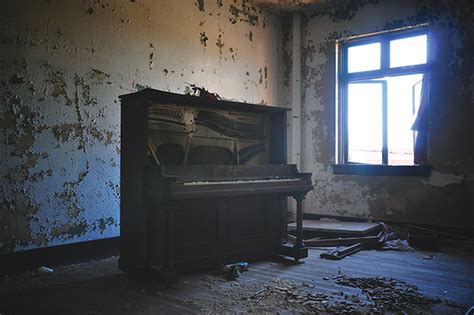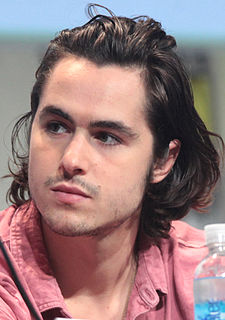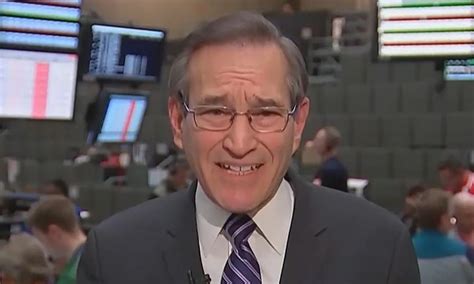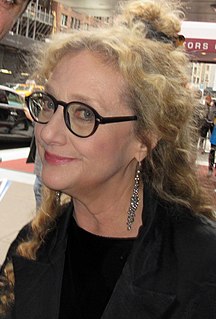A Quote by Seph Lawless
Don't be in denial. Police misconduct is nothing new, but the technology we have to capture it is. Nearly everyone is now equipped with a smartphone with a camera, so these incidents are more readily caught on film.
Related Quotes
I love the new technology in terms of giving access to doing more independent work. When I first started out, any film had to rent from Panavision and the expenses were humongous. Now, given the advances in technology, you can put out extraordinary quality filmmaking at nothing like the price it used to be.
But it is much later in the game now, and ignorance of the score is inexcusable. To be unaware that a technology comes equipped with a program for social change, to maintain that technology is neutral, to make the assumption that technology is always a friend to culture is, at this late hour, stupidity plain and simple.
A young person in Africa with a smartphone has more communications technology than the U.S. president had 25 years ago. So if the tools to change the world are now in everyone's hands, then the individuals now have the power that only governments and corporations used to have a couple of decades ago. I get excited by how that increases our capacity to be creative, and how that increases our capacity to create transformative things in the world.
No more painters, no more scribblers, no more musicians, no more sculptors, no more religions, no more royalists, no more radicals, no more imperialists, no more anarchists, no more socialists, no more communists, no more proletariat, no more democrats, no more republicans, no more bourgeois, no more aristocrats, no more arms, no more police, no more nations, an end at last to all this stupidity, nothing left, nothing at all, nothing, nothing.
Once you change the technology - from a film camera to a video camera, or from an 8-mm camera to 16 mm - you change completely the content. With 8 mm, a leaf on a tree will be made up of maybe four grains. So it's very impressionistic, almost like Seurat. If you switch to 16 mm, the technology gives you hundreds of grains on that leaf.
I love to just listen and watch. I could happily watch a security camera at a store. Often during a day I'll see a guy selling pretzels or an argument that somebody's having on a stoop and I'll think, "Oh I wish I had my camera, I wish I could capture this moment." There's something about people being people and interacting that can be so beautiful when it's framed by a camera. That desire to capture people as they are, and the stubbornness to keep going when they don't necessarily want you to capture them being who they are, are key.




































